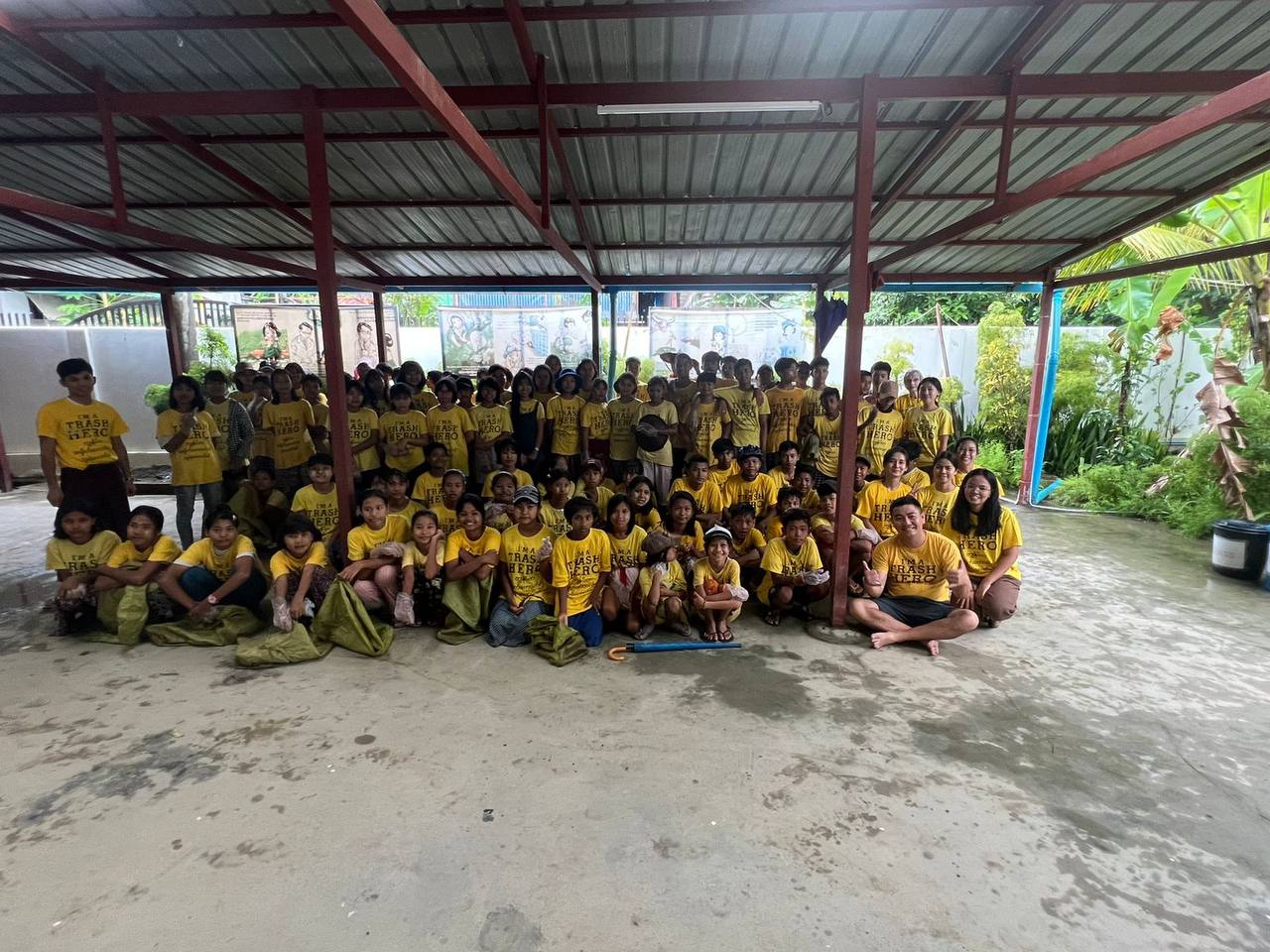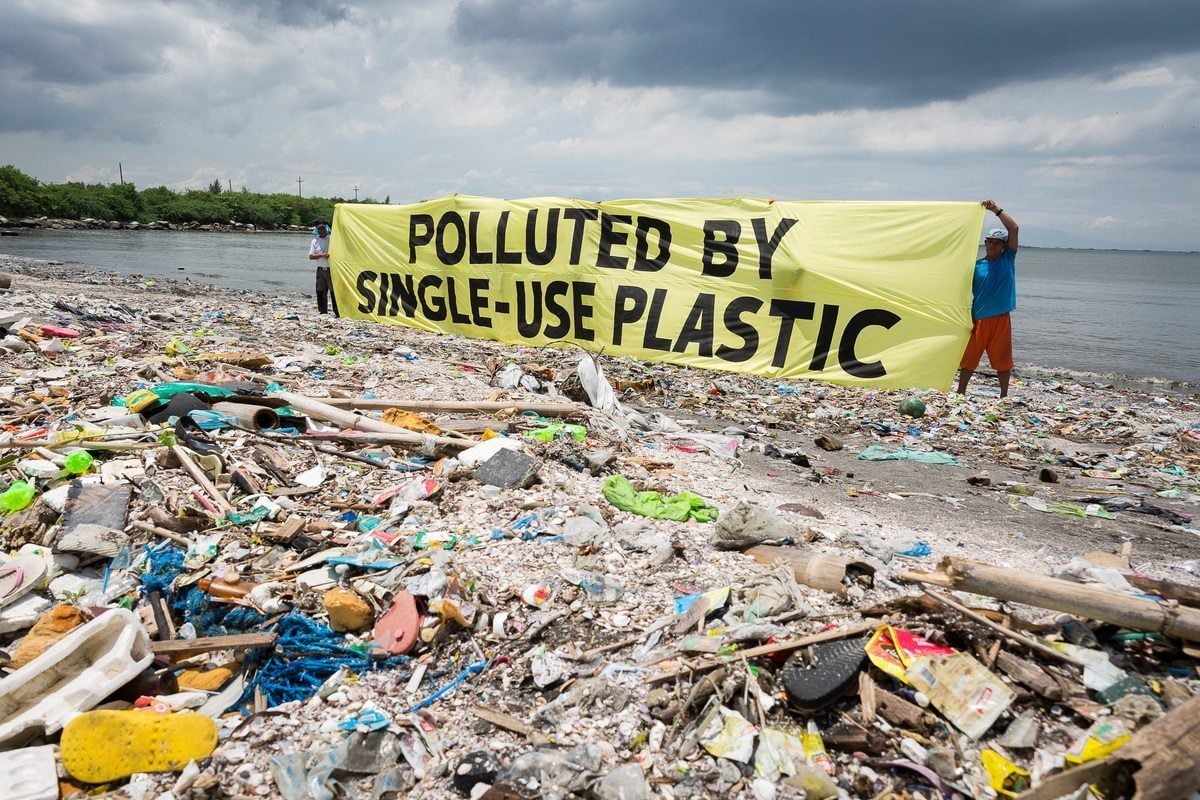In December 2021 SOMWR and the PWA joined forces to improve the environmental impact of some of the world's biggest Windsurfing events. The partnership focuses on two key environmental issues: CO2 emissions and plastic pollution.

CO2 Emissions
The SOMWR x PWA partnership is a part of the 10x climate positive movement. This means that for every PWA event, SOMWR calculates the CO2 emissions associated with athlete travel, fuel and electricity use and then plants enough mangroves to offset each event’s emissions 10 times over.
This is only made possible by the amazing support from the athletes submitting their detailed travel itinerary and event organizers taking the time to record and share their fuel and electricity use.
Last year SOMWR supported the 4 major events in the PWA 2022 season, in Cabo Verde, Gran Canaria, Sylt and Yokosuka. Planting a huge 22,930 mangrove trees with Worldview International Foundation in Myanmar, absorbing emissions 10 times over and funding essential local livelihoods programs.

Who plants these Mangroves?
Mangroves are planted in Myanmar by an NGO called Worldview International Foundation (WIF). WIF is focused on the restoration and conservation of mangrove forests, ensuring a protective shield for vulnerable communities against the effects of climate change, as well as increased seafood production and CO2 mitigation. 62% of the population in these communities are below the UN poverty index.
For every tree planted through this partnership, 50% of the CO2 sequestered is used to offset PWA event emissions and the other 50% is sold as carbon credits to support sustainable development projects in more than 100 communities surrounding the mangrove forests. Helping increase people's income whilst protecting their homes from the impacts of climate change.
Plastic Pollution
Each year SOMWR supports the collection of 1 kg of plastic for every one of the 300 athletes and 35 PWA staff members through their Plastic Offset Program That's 3,865kg of plastic trash collected from the shorelines in Thailand and Myanmar in 2022.
But why 11 kg of plastic per person?
1.1 kg represents the average amount of ocean plastic each person is responsible for entering the ocean every year. This was calculated by simply dividing the total amount of plastic in the ocean by the global population. As this is a 10x partnership it seemed only right that SOMWR offset the annual plastic footprint of each athlete and PWA staff member 10 times over.
However sadly this number is increasing and from 2023 SOMWR will be collecting 14 kg of plastic per athlete. In line with our new estimations of 1.4 kg of plastic per person entering the ocean every year.
Who is collecting the beach and ocean plastic?
SOMWR and Starboard run a social initiative called the Plastic Offset Program in Thailand and Myanmar that employs local crews to collect trash from the shoreline in their region. The aim of the Plastic Offset program is to clean up the beaches in South East Asia whilst providing a good income and environmental
education to local communities.
The program was launched in 2018 with one chapter in Pattaya, Thailand. Since then it has grown from strength to strength and now has 4 chapters activating across Thailand and Myanmar. Since its initiation the program has collected more than 600,000 kg of plastic waste and supported 175 individuals.

A Word from the PWA President, Jimmy Diaz
As Windsurfers, as athletes of the ocean, as athletes of nature that rely on its wonder and power, we feel a responsibility to contribute to the fight against the serious problems we are facing as a planet.
We can no longer carry on the same way as we have been for years. I say this not as the PWA but as a general statement for the way things have been done for so many years without regard to its consequences. We, therefore, welcome the challenges ahead to develop a different model that is much more benign, responsible and forward-thinking.
We are very happy to partner with SOMWR as a brand that is not only interested in doing business in our sport but also one that sees and understands the responsibilities at hand to do business in an ethical, environmentally responsible way and one that wants to share and spread that message.
We will endeavor to do our part together with SOMWR and we challenge all sporting organizations to do the same in addressing the urgent need to come up with solutions to our climate crisis. Making the PWA World Tour 10 x Climate Positive together with SOMWR is our first step, and together we hope to
encourage more sporting events to do the same including the biggest sporting event of all, the Olympics.
A Word From SOMWR Co-Founder, Timo Perschke
There are few sports that are so characterized by palm trees, sun and turquoise water as pictures of Windsurfers.
However, we also know that pictures can lie. A big contradiction we see for example in the shots of this year PWA World Cup on the Cape Verde Islands. on the one hand - mast-high waves, indescribable light and fabulous action. Together with the riders we visited another beach, full of plastic and other garbage.
We cleaned up our playground; with the PWA, but similar to a child's room this has to be done over and over again. And even children only clean up when their role models do. In this sense we fit well together and we are happy to have started "SOMWR".
A bit more about SOMWR
SOMWR is an apparel brand rooted in watersports and committed to creating a better future for people and the planet. All SOMWR garments are made in Turkey from 100% organic cotton, are 10x climate positive and each product sold supports the collection of beach and ocean plastic from the shorelines of
Thailand and Myanmar.
What does 10x Climate Positive actually mean?
Some CO2 emissions are still an unavoidable part of a garments lifecycle, from the harvesting and transporting raw materials, to manufacturing and distributing finished garments. SOMWWR calculates these emissions and plants 1 VCS certified mangrove with Worldview International Foundation for every item made to draw down the equivalent amount of CO2 10 times over.
100% Organic Fabrics
Since the introduction of pesticides and non organic fertilizers soil health, water quality and biodiversity has suffered immensely. Growing fibers organically avoids all of these negative impacts.
Organic cotton uses 91% less water than regular commercial cotton and releases 46% fewer greenhouse gas emissions since the soil isn't loaded with pesticides and can actually absorb CO2 from the atmosphere. Manufacturing garments without synthetic chemicals also leads to a 98% reduction in water pollution.
Fighting Beach / Ocean Plastic
SOMWR does not offer any plastic or fossil fuel based products. But not being part of the problem doesn’t mean you can’t be a part of the solution.
For every garment sold SOMWR picks up 1.4 kg of beach / ocean plastic with the help of Plastic Offset Program crews in Thailand and Myanmar. With the support of SOMWR and sister company Starboard, the Plastic Offset Program has been able to pick up more than 600,000 kg of plastic trash from shorelines.




